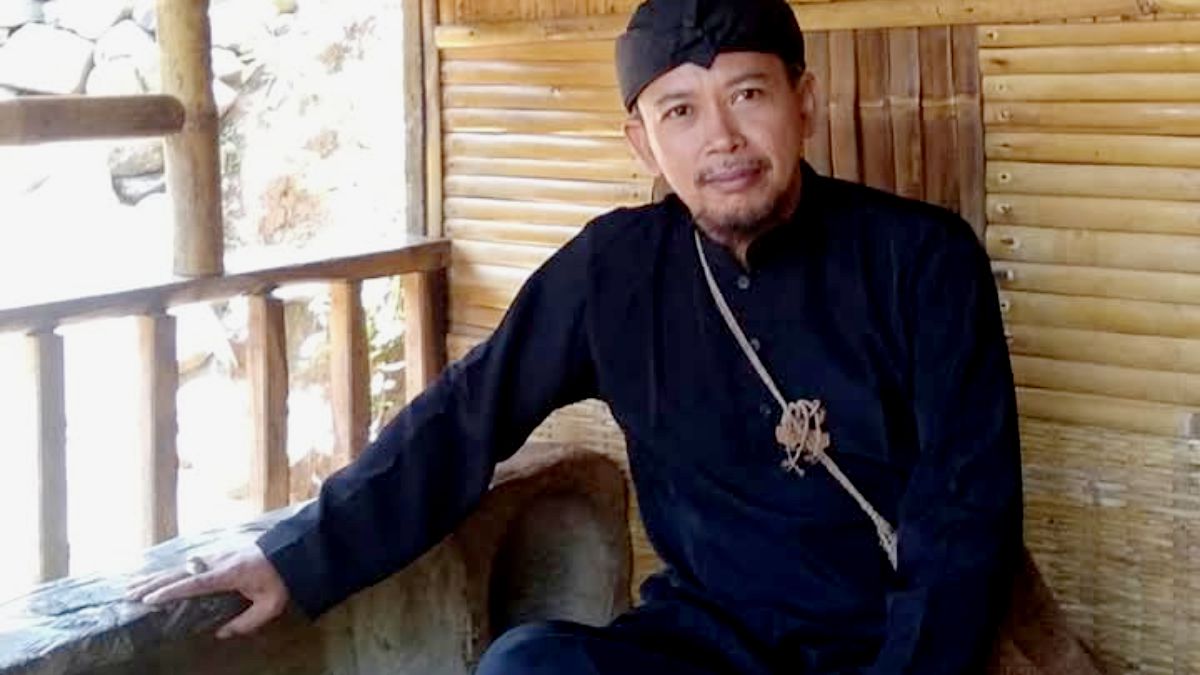'Building a City with the Spirit of History': DAKG Supports Anies Baswedan's Idea on Urban Collective Memory

PR GARUT- A brilliant idea from Anies Rasyid Baswedan titled "Sigmazing Cities Become Global, How?" has received warm welcome from various circles, including local figures and historians in Garut Regency. One of them is Kang Oos Supyadin, SE., MM., a historian and cultural observer as well as a member of the Garut Regency Advisory Council (DAKG), who views this idea as an important foundation in building a future city rooted in history.
In an interview with us, Kang Oos stated that Anies' idea about the importance of collective city memory is highly relevant, especially for cities that want to move forward as global entities without losing their identity.
Mas Anies' main thought emphasizes that building a city is not just about concrete and asphalt, but also about the soul of the city itself, which is its history. A city that does not understand its past will find it difficult to find its future direction, Kang Oos arrived full of enthusiasm.
Furthermore, he emphasized that history is not merely a subject taught in school, but a foundation that shapes collective identity, both as a nation and local community.
We believe that a city built without historical narrative is like a house without a foundation. It is fragile against the onslaught of time, especially in this era of globalization and digitization. Many young people know more about foreign cultures than their own historical roots, reveal it.
According to Kang Oos, Anies' statement highlighting the importance of identity building In city planning, it is a form of courage and wisdom that deserves appreciation. For him, development that touches the inner side and identity of the community is far more solid than development that only relies on technical and physical aspects alone.
When history is made a part of urban planning, communities will feel connected, will feel a sense of ownership. This is what will give birth to collective pride and strengthen our social resilience, Harsh.
As part of the Advisory Council, Kang Oos hopes that this idea can become a subject for reflection and inspiration, especially for policymakers in the region. He encourages the local government to start seriously incorporating historical and cultural elements into every development policy.
It's time for us to not only build sidewalks and tall buildings, but also to rebuild the collective memory and pride of the community towards its own city, close Kang Oos.
Anies Baswedan's idea has apparently sparked a deeper discussion about the direction of Indonesia's development. It's not just about infrastructure, but also about heritage, values, and identity. A reminder that a city aiming to be great in the eyes of the world must first come to terms with and stand firm on its own history. ***
Comments
Post a Comment